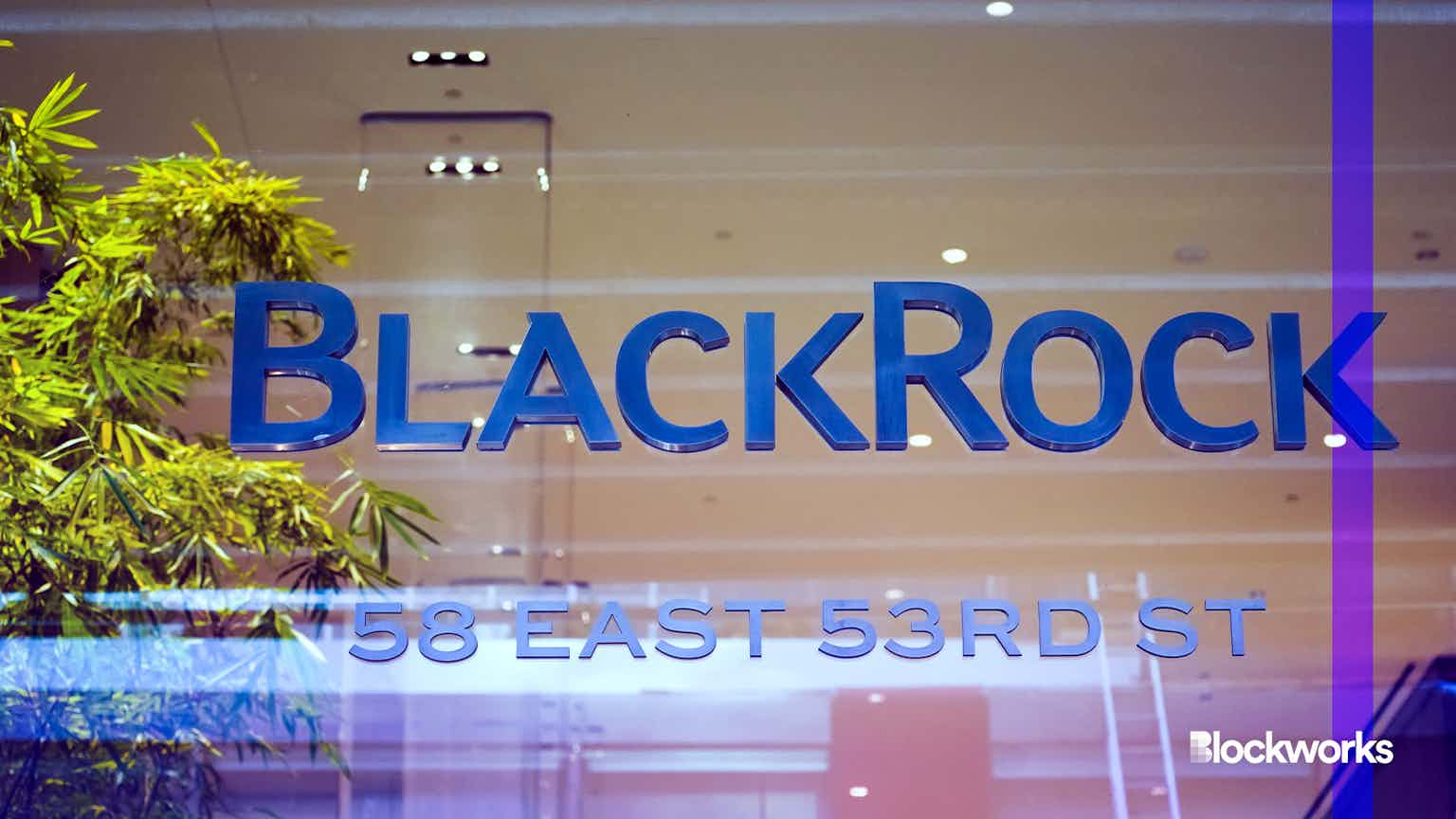Tiger Global Sidestepped Crypto Rout by Cashing Out When Going Was Good
Blockworks Exclusive: Chase Coleman’s hedge fund firm sold most of its crypto holdings at a profit several months ago, according to three sources familiar with the matter

Source: Shutterstock
key takeaways
- The move out of active crypto trading doesn’t appear to have had any impact on Tiger’s sizable venture capital investments in blockchain startups
- The firm, in addition to buying bitcoin and ethereum, invested in DeFi protocols in an effort to gain exposure to Web3
At long last, a silver lining for Tiger Global.
The blue-chip hedge fund firm has been ravaged this year by punishing equity markets and pummeled by a steep technology-stock rout that contributed to a staggering 44% loss in the first four months of 2022 for founder Chase Coleman’s flagship vehicle.
Tiger, with assets split roughly 50-50 between stocks and venture capital plays, started actively trading cryptocurrencies in recent months, Blockworks first reported.
The foray, including building up positions in decentralized finance (DeFi) protocol Filecoin, as well as bitcoin and ethereum, ended almost as soon as it began, according to three sources with knowledge of the matter.
Those digital asset plays were designed to complement the New York firm’s long-running, and generally successful, bets on private blockchain startups. It appears the firm booked profits on the liquid trades in short order, then cashed out — fortuitously not long before markets tanked to multi-year lows.
“Tiger probably traded like any other TradFi shop,” one source said. “So, if they had made any kind of profit, they took it and [went] risk-off as markets became more exposed to uncertainty.”
Sources were granted anonymity to discuss sensitive business dealings. A spokesperson for the firm declined to comment.
Tiger didn’t sell all its digital asset holdings — and is likely holding onto vanilla cryptocurrencies, such as bitcoin and ethereum, in a bet on their upside once markets bounce back — but the firm is out of the market for the most part, sources said.
Though digital assets made up an unspecified, yet relatively tiny, portion of the firm’s book, the risk-off move most likely saved Tiger from the precipitous performance declines suffered by scores of crypto-native and TradFi (traditional finance) traders with digital asset holdings in recent weeks. A good number of such institutional players were arguably over-leveraged and often wiped out by margin calls issued by exchange counterparties.
The retreat, however, doesn’t preclude the shop from starting to trade liquid tokens again down the line. Indeed, Tiger has been leaning on its blockchain venture analysts to research promising liquid investments and has been testing the waters in potential new hires that would focus on pure-play investments in digital assets.
Landing those specialists would be no small feat in a red-hot job market.
But the firm may be under pressure from other hedge fund giants it competes with for institutional limited partners — including the massive operation Brevan Howard is building out with dozens of incoming staffers, BH Digital — to look to derive alpha from crypto economies that are still relatively inefficient.
Tiger, which was running about $90 billion in February, has lost a whopping $17 billion since, according to calculations by fund of funds Edmond de Rothschild Group. The Tiger spokesperson declined to comment on the firm’s current assets.
The move out of crypto trading hasn’t affected the firm’s venture business. Case in point: Tiger just led a $40 million Series A round for blockchain banking startup BVNK at a $340 million post-money valuation, TechCrunch reported.
Start your day with top crypto insights from David Canellis and Katherine Ross. Subscribe to the Empire newsletter.





